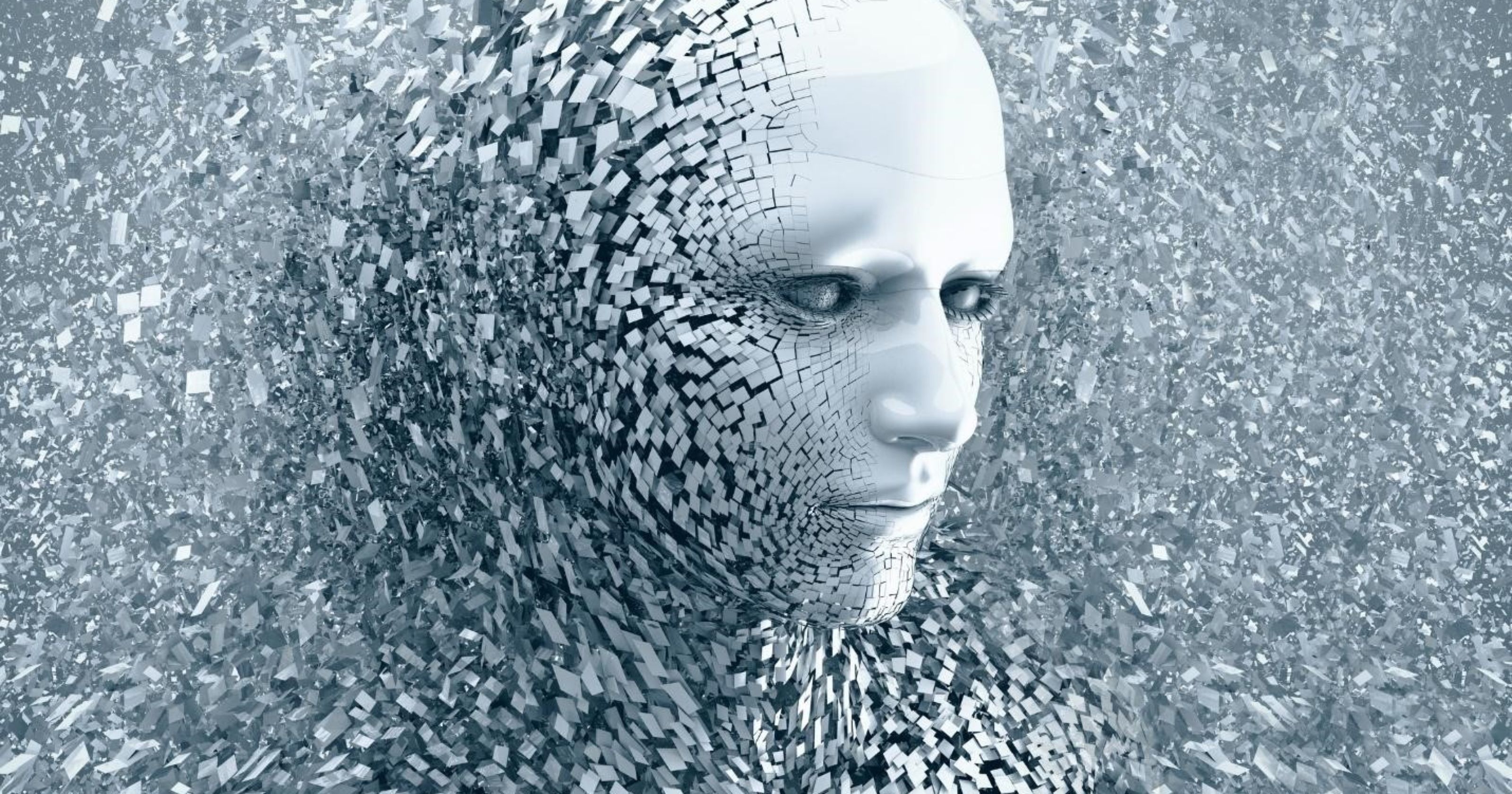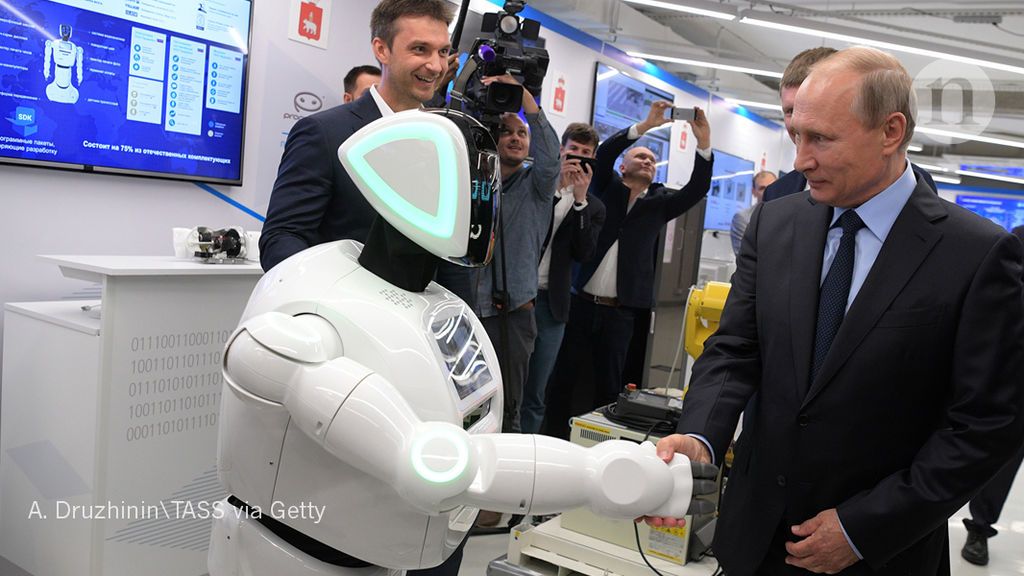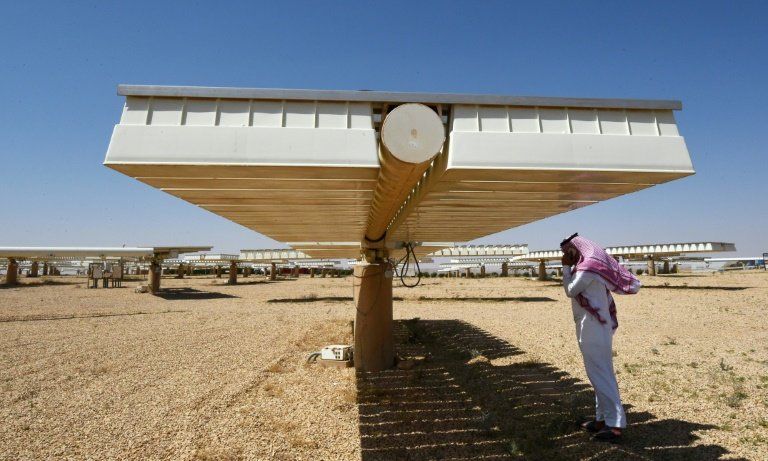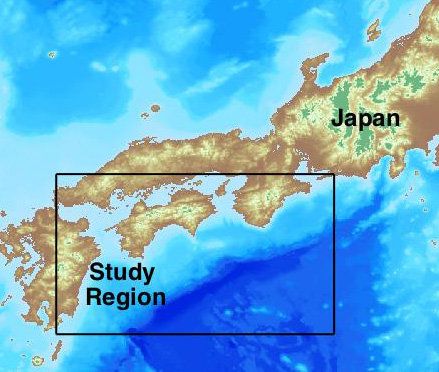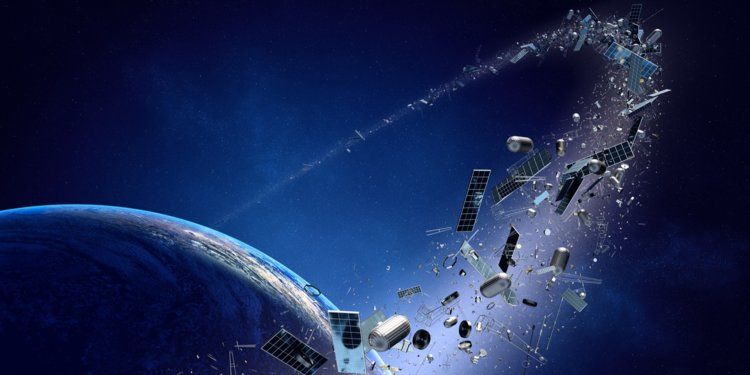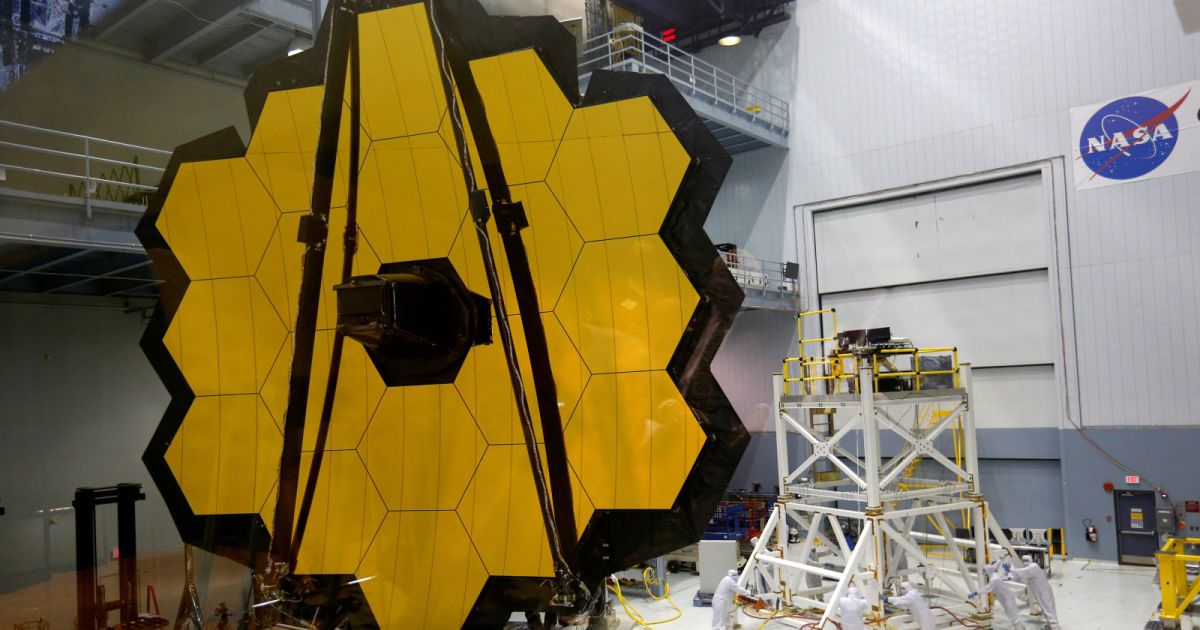In 1969, William Safire was President Nixon’s speech writer. He wrote the short speech shown below, and delivered it to Chief of Staff, H.R. Haldeman. The speech was to be read by Nixon in the event that the Apollo 11 lunar lander failed to launch or that some other problem caused the lander or mothership to crash back onto the surface of the moon.
In 1969, the space race was at full throttle. Russians were first to launch a satellite, send a dog and a man into space,* and perform an extravehicular space walk. America was under great pressure to fulfill John F. Kennedy’s promise and beat the Russians in landing a man on the moon. Today, former engineers at NASA acknowledge that they believed the chances of such a catastrophe were more than 50%.
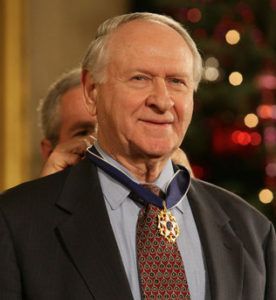
William Safire was a brilliant orator and linguist, known primarily as a columnist and journalist. He received the Presidential Medal of Freedom (from George Bush in 2006). He died in 2009.
The Apollo 11 disaster speech is pure poetry. It fits Nixon’s demeanor, while inspiring the public to continue support for exploration despite such a spectacular failure.
William Safire’s speech for President Nixon—in the event of a moon landing disaster:
Fate has ordained that the men who went to the moon to explore in peace will stay on the moon to rest in peace.
These brave men, Neil Armstrong and Edwin Aldrin, know that there is no hope for their recovery. But they also know that there is hope for mankind in their sacrifice.
These two men are laying down their lives in mankind’s most noble goal: the search for truth and understanding.
They will be mourned by their families and friends; they will be mourned by their nation; they will be mourned by the people of the world; they will be mourned by a Mother Earth that dared send two of her sons into the unknown.
 In their exploration, they stirred the people of the world to feel as one; in their sacrifice, they bind more tightly the brotherhood of man.
In their exploration, they stirred the people of the world to feel as one; in their sacrifice, they bind more tightly the brotherhood of man.
In ancient days, men looked at stars and saw their heroes in the constellations. In modern times, we do much the same, but our heroes are epic men of flesh and blood.
Others will follow, and surely find their way home. Man’s search will not be denied. But these men were the first, and they will remain the foremost in our hearts.
For every human being who looks up at the moon in the nights to come will know that there is some corner of another world that is forever mankind.
* The US was first to send an animal into space. On June 11, 1948, Albert 1, a rhesus monkey, was launched on a V2 rocket. But this was a suborbital flight. It cleared the atmosphere but could not have sailed away from Earth’s gravity, nor even achieved orbit. The first animal to attain orbit was launched more than 9 years later. A dog, Laika, launched on board the Soviet Sputnik 2 spacecraft on November 3, 1957.
Source: Watergate.info
